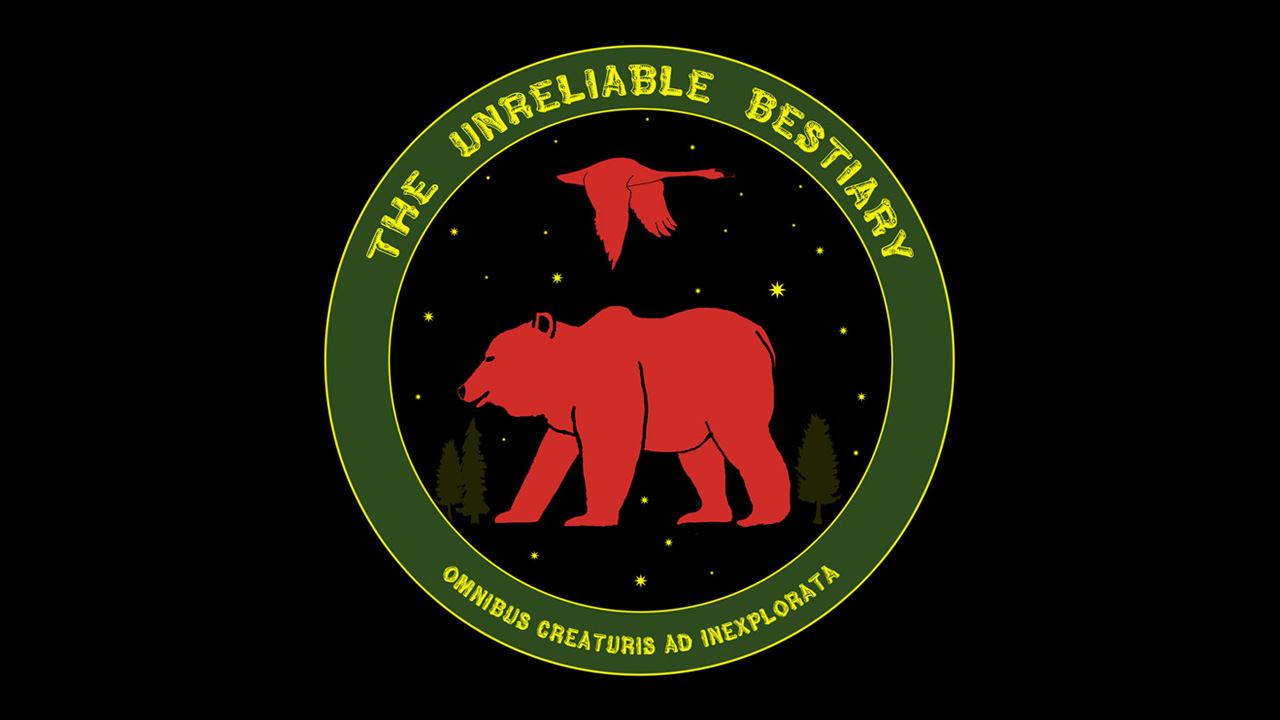Obermann Working Groups provide space, structure, and discretionary funding for groups led by faculty that may include advanced graduate students, staff members, and community members who share an intellectual interest. This year, our sixteen groups workshopped each other’s writing, read across disciplines, hosted visiting speakers and performers, and prepared grant proposals.
Although Working Groups do not receive extensive funding—a small stipend is available to purchase books and bring in guests—the program serves as an important place for researchers, artists, students, and community members to connect around shared topics of interest. Meeting around the Obermann Center’s long library table, the Working Groups are a fulcrum for connecting people and serve as a springboard for future collaboration.
“The Obermann Working Group has been a truly wonderful experience. Our group of faculty and graduate students interested in global media has had wonderful and productive conversations on the latest scholarship in this area and on our own research. I’ve enjoyed the collaborative atmosphere and learning from colleagues in various disciplines.” —Melissa Tully (Journalism & Mass Communication, CLAS), Global Media Studies Working Group
Although the groups are not intended to be product-driven—in fact, Obermann Center director Teresa Mangum touts the program as one time and place on campus when the production of an article, grant, or syllabus is not de rigueur—some of the longer-running groups often host events or write pieces together. Last winter, for example, the Performance Studies Working Group, co-directed by Kim Marra (Theatre Arts, CLAS) and Jennifer Buckley (English, CLAS), hosted multimedia artist Deke Weaver, who performed his work “Tiger” at Public Space One. (The image above is from Weaver’s larger work, “The Unreliable Bestiary,” of which “Tiger” is a part.)
In 2015, Tim Havens (Communication Studies, CLAS) convened the Algorithms and Social Media Working Group. Initially, it was a reading group with a very interdisciplinary makeup, including faculty and graduate students from Communication Studies, Journalism & Mass Communication, Mathematics, and Computer Science, who read articles from diverse fields, such as theoretical math and cultural studies. “The group really brought together multiple worlds that don’t talk to each other very well and exist almost independently of each other,” notes Brian Ekdale (Journalism & Mass Communication, CLAS).
Last year, Ekdale applied as P.I. of a grant that represents the thinking and work of this group (now called the Algorithms and Social Media Working Group). He received a $1 million grant from the Minerva Research Initiative for a multi-year project to discern how radicalization occurs via social media. The group’s ultimate goal, says Ekdale, is to develop software that can identify and even predict radicalization on social media, whether it’s radicalization of an individual or of an online community like a subreddit or Facebook group. “We want to know what the transition into fringe behavior on a social media platform looks like,” he says, “and what Phase 1, 2, and 3 of an online community’s life looks like. Is there a trajectory of radicalization?” Read more about this project in our article, “Exploring the Echo Chamber.”
